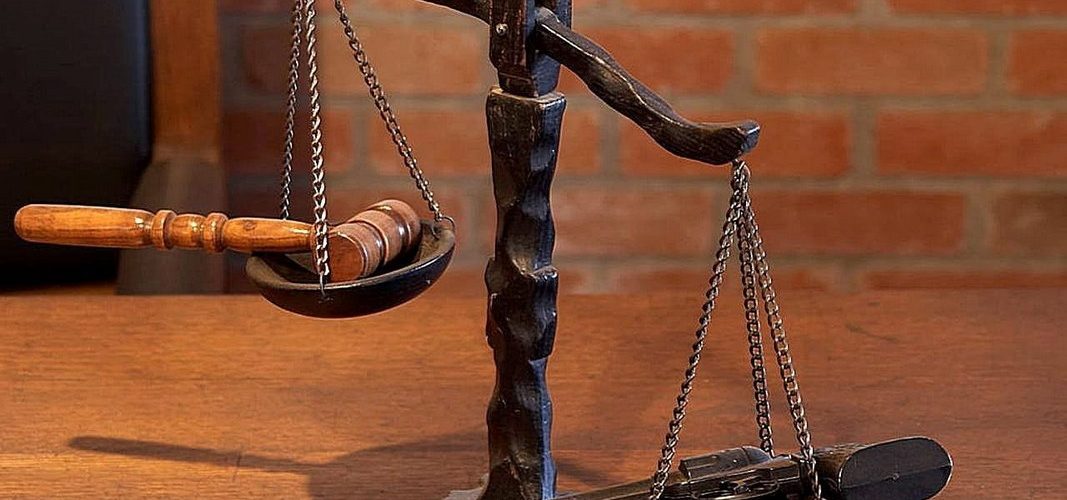Article 143 in the EU VAT Directive 2006/112/EC
Article 143
1. Member States shall exempt the following transactions:
(a) the final importation of goods of which the supply by a taxable person would in all circumstances be exempt within their respective territory;
(b) the final importation of goods governed by Council Directives 69/169/EEC5, 83/181/EEC6 and 2006/79/EC7;
(c) the final importation of goods, in free circulation from a third territory forming part of the Community customs territory, which would be entitled to exemption under point (b) if they had been imported within the meaning of the first paragraph of Article 30;
(d) the importation of goods dispatched or transported from a third territory or a thirdcountry into a Member State other than that in which the dispatch or transport of the goods ends, where the supply of such goods by the importer designated or recognised under Article 201 as liable for payment of VAT is exempt under Article 138;
(e) the reimportation, by the person who exported them, of goods in the state in which they were exported, where those goods are exempt from customs duties;
(f) the importation, under diplomatic and consular arrangements, of goods which are exempt from customs duties;
(fa) the importation of goods by the European Community, the European Atomic Energy Community, the European Central Bank or the European Investment Bank, or by the bodies set up by the Communities to which the Protocol of 8 April 1965 on the privileges and immunities of the European Communities applies, within the limits and under the conditions of that Protocol and the agreements for its implementation or the headquarters agreements, in so far as it does not lead to distortion of competition;
(g) the importation of goods by international bodies, other than those referred to in point (fa), recognised as such by the public authorities of the host Member State, or by members of such bodies, within the limits and under the conditions laid down by the international conventions establishing the bodies or by headquarters agreements;
(h) the importation of goods, into Member States party to the North Atlantic Treaty, by the armed forces of other States party to that Treaty for the use of those forces or the civilian staff accompanying them or for supplying their messes or canteens where such forces take part in the common defence effort;
(i) the importation of goods by the armed forces of the United Kingdom stationed in the island of Cyprus pursuant to the Treaty of Establishment concerning the Republic of Cyprus, dated 16 August 1960, which are for the use of those forces or the civilian staff accompanying them or for supplying their messes or canteens;
(j) the importation into ports, by sea fishing undertakings, of their catches, unprocessed or after undergoing preservation for marketing but before being supplied;
(k) the importation of gold by central banks;
(l) the importation of gas through a natural gas system or any network connected to such a system or fed in from a vessel transporting gas into a natural gas system or any upstream pipeline network, of electricity or of heat or cooling energy through heating or cooling networks.
2. The exemption provided for in paragraph 1(d) shall apply in cases when the importation of goods is followed by the supply of goods exempted under Article 138(1) and (2)(c) only if at the time of importation the importer has provided to the competent authorities of the Member State of importation at least the following information:
(a) his VAT identification number issued in the Member State of importation or the VAT identification number of his tax representative, liable for payment of the VAT, issued in the Member State of importation;
(b) the VAT identification number of the customer, to whom the goods are supplied in accordance with Article 138(1), issued in another Member State, or his own VAT identification number issued in the Member State in which the dispatch or transport of the goods ends when the goods are subject to a transfer in accordance with Article 138(2)(c);
(c) the evidence that the imported goods are intended to be transported or dispatched from the Member State of importation to another Member State.
However, Member States may provide that the evidence referred to in point (c) be indicated to the competent authorities only upon request.
ECJ Cases Decided
- C-531/17 (Vetsch) – Judgment – Declarant who is not aware of fraud is entitled to VAT exemption on import
- C-528/17 (Milan Bozicevic Jezovnik) – Exemption granted after checking bananas can only be reversed in the event of fraud
- C-108/17 (Enteco Baltic) – Exemption may not be denied to an importer acting in good faith where the conditions for exemption from the IC supply made after importation are not fulfilled
- Joined Cases C-144/13, C-154/13, C-160/13 – No VAT exemption & deduction, if a VAT exemption under national law conflicts with EU law















